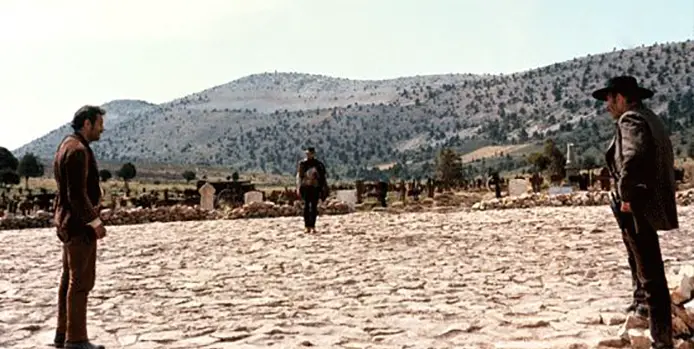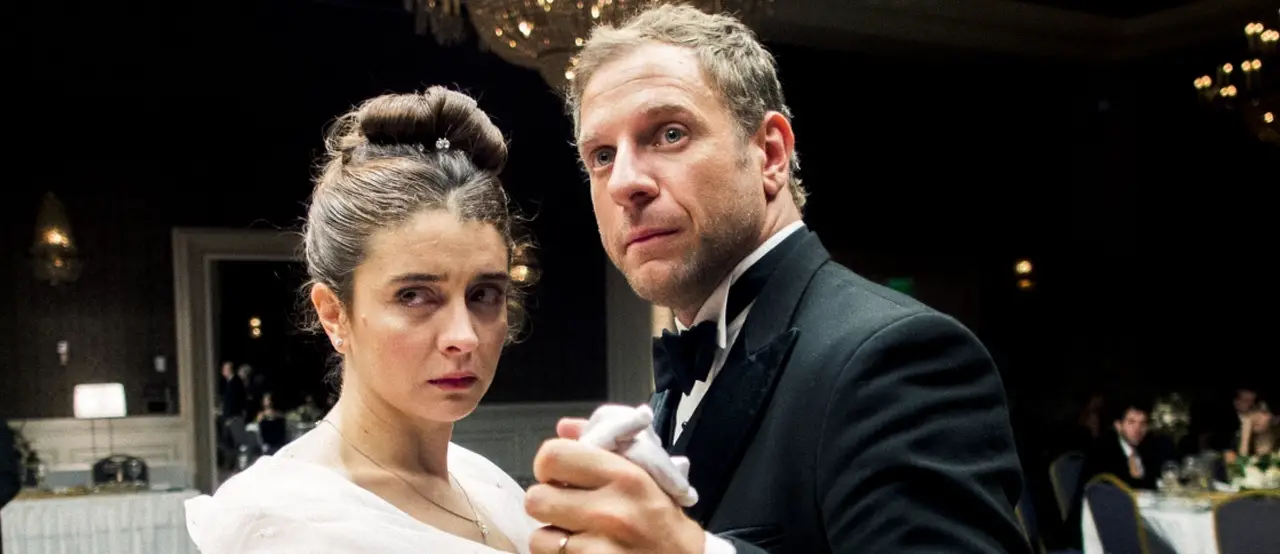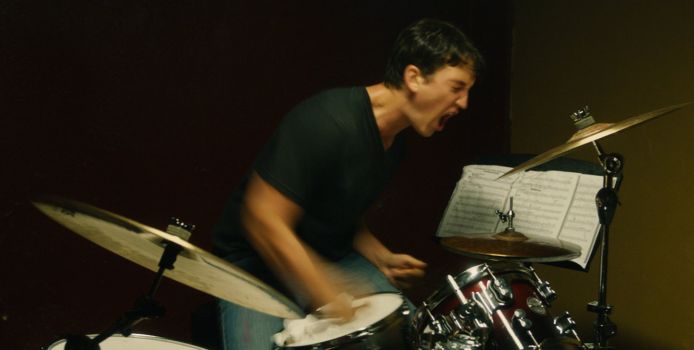music
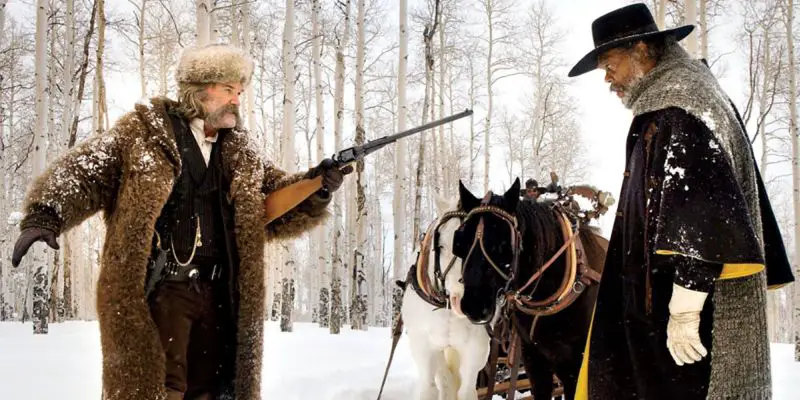
Closely approaching Quentin Tarantino’s new film The Hateful Eight arises expectations not only because of the name he has created for himself, but also because we are aware of the repeating pattern of collaborators in his films. But this piece is not about the cast of the film nor about Tarantino’s specific style. It is about the collaborators behind the scene, specifically on his first time collaboration with Ennio Morricone as a composer of the film’s original soundtrack.
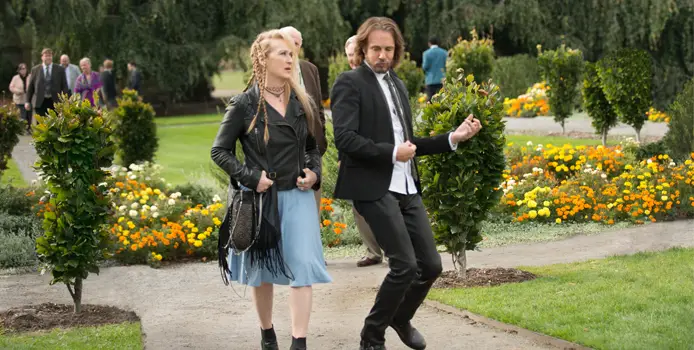
To put it bluntly, Ricki and the Flash is a film which feels unfinished. It’s not a poorly made film, everyone involved seems to be at least putting in some effort, it’s just that between the script and overall editing, large chunks of the film seem to be missing and the film feels like it doesn’t deliver a full story. This is quite surprising, as the cast and crew behind the film are quite talented.
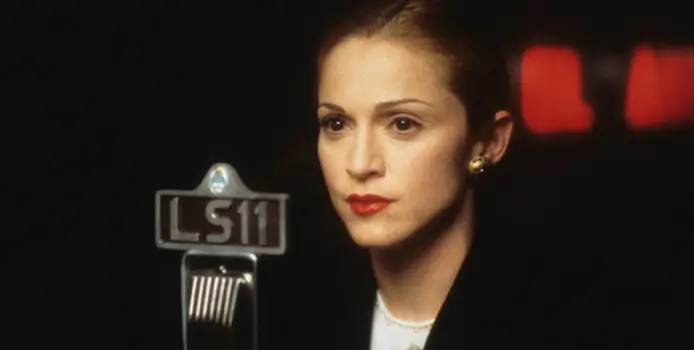
Madonna is (was, depends on who you ask) at one point considered one of the biggest pop stars in the world, so it came as no surprise when she decided to try her hand at acting. I’m no person to criticize another person’s acting ability (particularly when I have crippling stage fright), but I’m just perplexed about how her films were critical and commercial disasters. If she was one of the biggest pop stars of her time, why didn’t her film career match that same success?

Asif Kapadia isn’t the documentary filmmaker of our times, but he is one of the most timely. In the digital age where all information is online, he manages to make movies comprised almost entirely of footage that can be found on YouTube and somehow turn them into major events in documentary cinema. Since his (ever so slightly overrated) 2011 effort Senna, his style as a documentarian has stubbornly refused to change, yet the way he manipulates archive footage to create something new and horrifying is unparalleled, even if it frequently favours emotional manipulation over creating a deeper look at the self-destructive life of subject Amy Winehouse.
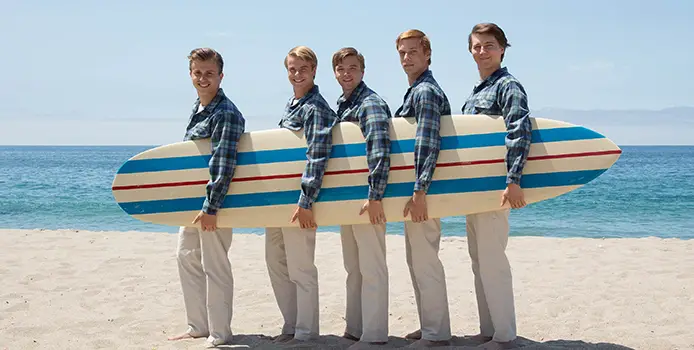
Ever since the glory days of silent cinema, Hollywood has been criticised of running out of ideas. This is why the biopic is the perfect genre for screenwriters and directors. A typical life doesn’t neatly fit into a simple three-act structure, but by highlighting an individual’s greatest successes, and framing them in a way that makes everything else inconsequential by comparison, you can turn something as uninteresting as somebody’s life into a thrilling drama.
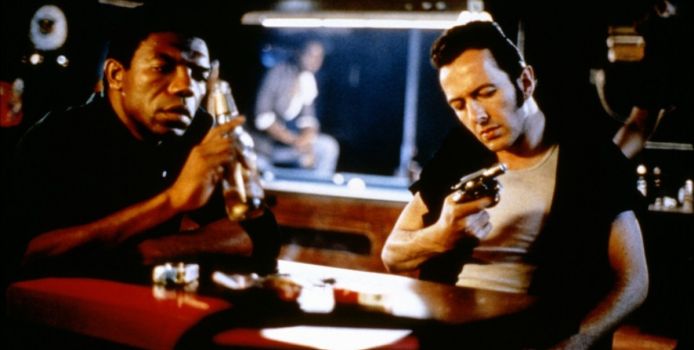
Joe Strummer, born John Grammar Mellon, is best known as the scowling, screaming, warrior-poet who sang lead vocals and played rhythm guitar for the “only band that matters”: The Clash. The man with the gravel voice and the idealist political agenda was never afraid to voice his opinions on current events.

For most people Pitch Perfect wasn’t something they saw in the cinema. They watched in on DVD on a whim or chanced it after hearing about it from a friend. Released just as Anna Kendrick and Rebel Wilson’s careers were on the rise (and was possibly one of the films that gave them a leg up) it initially went under the radar, but as the years have passed the film has garnered great reviews and the Barden Bellas now have a huge fanbase.

I sat down to watch independent, experimental film How the Sky Will Melt by Matthew Wade the other night with my fiance. Other than bragging about my fiance, I’m including him in the article because he is so very not like me. His favourite movies are comedies, he laughs at fart jokes, and I’m not sure he’s ever seen a David Lynch movie.



